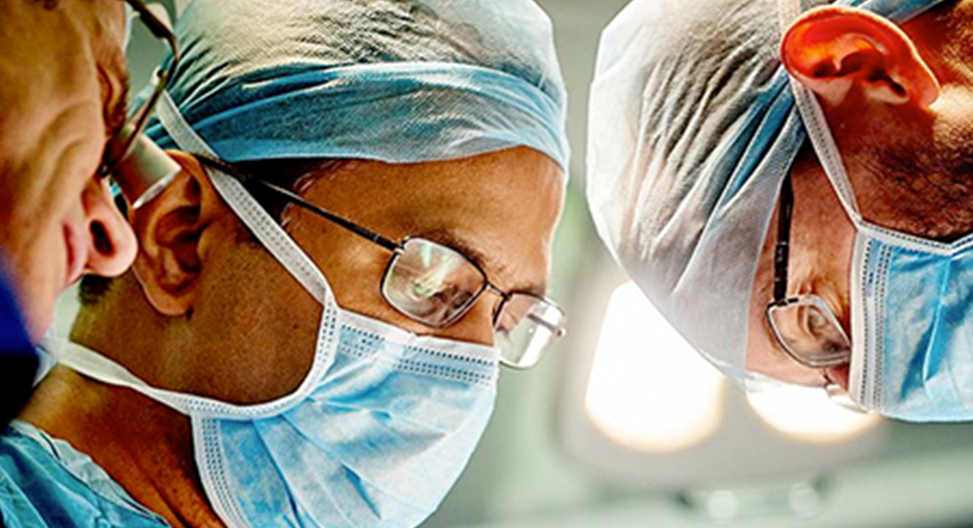
It is very common for men to have testicular pain at some point during their lifetime. In the majority of cases the pain will be due to a benign cause. The assessment of testicular pain involves taking a clinical history and performing a physical examination. Mr Muneer will also arrange for an ultrasound scan of the scrotum, as well as performing tests on a urine sample in order to try and identify the underlying cause. Treatment is then based on the underlying cause.
Any inflammation in the structures related to the testicle may cause testicular pain. This includes the epididymis and prostate. Some individuals develop pain following surgery to the testicles or following a vasectomy. Pain can also result due to a problem from another structure such as a stone in the ureter (tube linking the kidney to the bladder.
In some instances men with testicular pain do not have any identifiable underlying physiological cause. In these cases the management will require alternative medication to help with symptomatic relief. For persistent pain with no obvious physical cause, Mr Muneer will liaise with pain specialists first who can attempt local anaesthetic nerve blockades combined with oral medication. For persistent pain which has failed all treatment measures, Mr Muneer does offer an operation called micro-surgical cord denervation to selected patients. This is a surgical procedure which divides the nerves in the spermatic cord and in carefully selected cases has a good response rate.
Submit your email and stay in touch with us